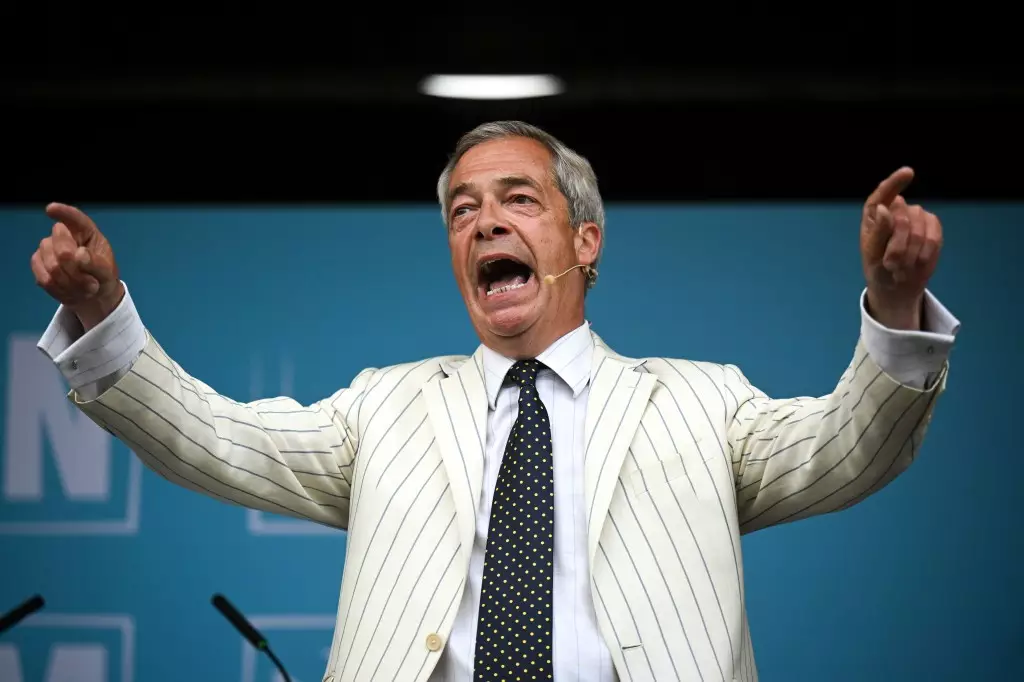Nigel Farage, the leader of Reform UK, has recently been embroiled in controversy regarding his attacks on national broadcasters, particularly the BBC and Channel 4. Farage has accused the BBC of bias, stating that the Question Time audience was dishonest and critical towards him. He has gone as far as boycotting BBC appearances until they apologize for their alleged bias. Additionally, he has accused Channel 4 of hiring an actor to spout offensive language during a news investigation. These accusations have sparked a significant outcry and legal actions from Farage and his party.
Farage’s decision to boycott the BBC due to what he perceives as bias in their Question Time audience raises concerns about media impartiality. By refusing to appear on BBC programs, Farage is potentially limiting his party’s exposure and engagement with a wider audience. The BBC, in response to Farage’s claims, has defended the composition of the Question Time audience, stating that it was representative of a range of political views. This clash highlights the ongoing debate surrounding the neutrality of media outlets and their responsibilities in political discourse.
Channel 4 Fallout
The fallout between Nigel Farage and Channel 4 stems from allegations that the broadcaster paid an actor to make offensive remarks posing as a Reform campaigner. Farage has vehemently denied these claims and has taken legal action against Channel 4 for what he perceives as election interference. The controversy surrounding Channel 4’s investigative journalism and Farage’s response underscores the challenges of maintaining trust and integrity in media reporting, especially during election campaigns.
The escalation of conflict between Nigel Farage and national broadcasters like the BBC and Channel 4 raises questions about the role of media in shaping public opinion and discourse. Farage’s efforts to discredit media outlets through accusations of bias and manipulation reflect a broader trend of political figures challenging the credibility of journalists and news organizations. This conflict not only damages the reputation of both parties involved but also undermines the trust of the public in media institutions.
The controversies surrounding Nigel Farage’s campaign and his disputes with national broadcasters have significant implications for democratic governance. By engaging in public attacks on media outlets and questioning their integrity, Farage risks eroding public trust in the media as a watchdog of political power. This trend of targeting the press for political gain threatens the principles of transparency and accountability in a democratic society. It is essential for political leaders and media organizations to uphold ethical standards and promote a free and fair exchange of ideas for the health of democracy.
The ongoing conflicts between Nigel Farage and national broadcasters highlight the complex dynamics of media, politics, and democracy in the modern era. Farage’s campaign controversies and his attacks on the BBC and Channel 4 underscore the challenges of navigating media bias, public perception, and political influence. As the role of media in shaping political narratives becomes increasingly scrutinized, it is crucial for all stakeholders to uphold the principles of truth, fairness, and accountability in the public discourse.

